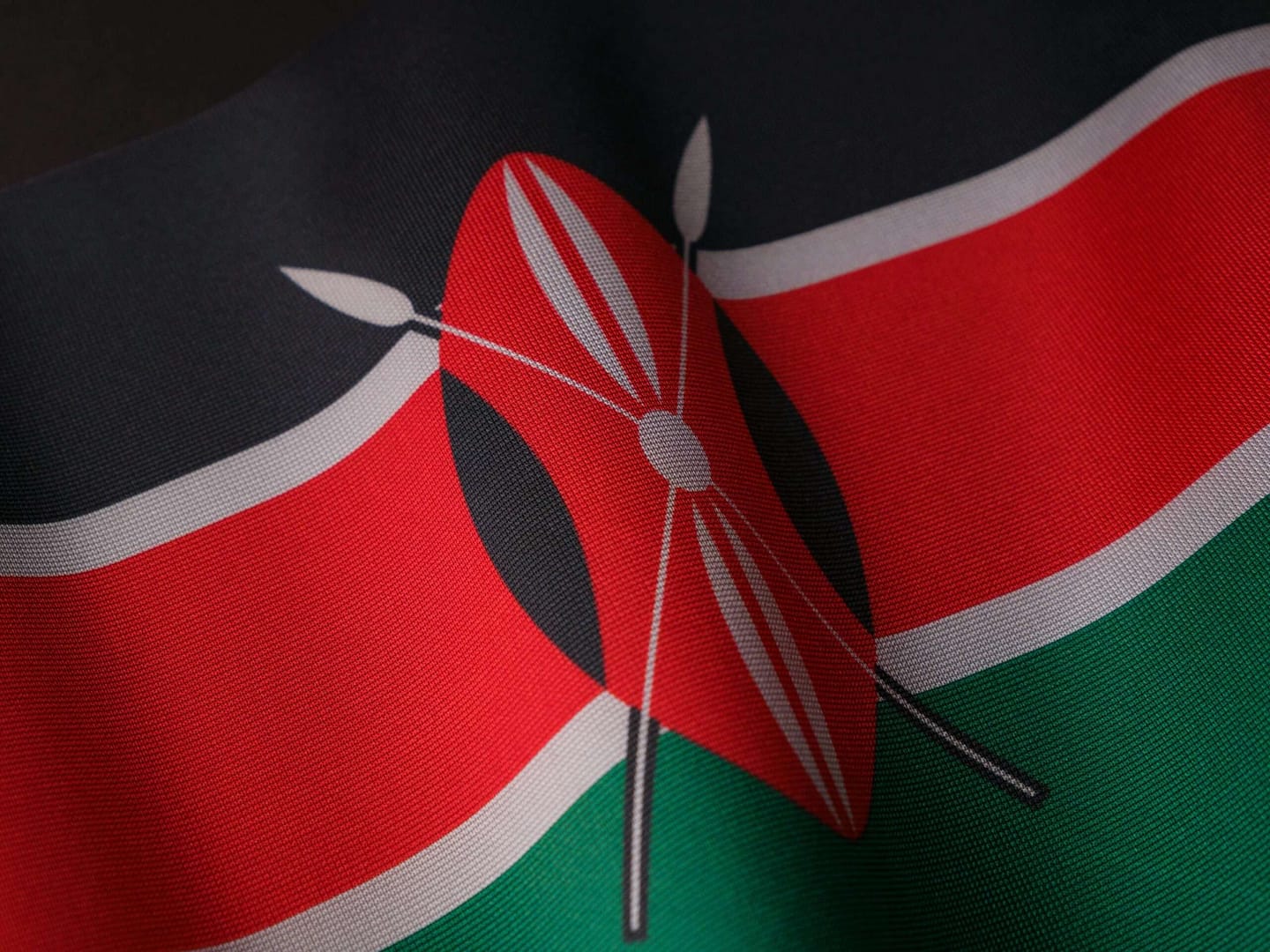Delhi Balances Resumed Activities Amid Lingering Air Pollution and River Foam Challenges
Despite the hazardous air quality persisting in India’s capital, Delhi, the city has decided to reopen schools and some building sites on Monday. The move comes as air pollution, while still classified as hazardous, showed signs of receding. The air quality index (AQI) recorded a level of 336 on Monday, down from Thursday’s 509, according to Swiss group IQAir.
Children, returning to schools after nearly two weeks of closure due to pollution concerns, were seen wearing masks. Simultaneously, Hindu devotees celebrating a festival braved the smog to take a dip in the Yamuna river, despite the presence of toxic foam along stretches of the waterway.
The foam in the Yamuna river is attributed to sludge and untreated waste. The Delhi water board is reportedly using a food-grade chemical to control the foam. While not immediately lethal, the foam can cause illness if consumed, according to environmental engineer Ankit Srivastava, a former adviser to the Delhi government.
On Sunday, Delhi’s Environment Minister Gopal Rai announced the resumption of construction work on public infrastructure projects, albeit with restrictions on activities that generate dust.
Delhi’s air quality is expected to improve over the next two days, with increased wind speeds forecasted, according to the government’s early warning system for air quality. Winter exacerbates air pollution in Delhi as lower wind speeds trap pollutants from various sources, including vehicles, industry, and agricultural burning.
Traffic emissions were identified as a major contributor to particulate matter (PM2.5) suspended in the air, with vehicles contributing 51% along a key thoroughfare on Monday, according to a real-time study by experts collaborating with the Delhi government.
While PM2.5 levels have decreased from their peak on November 5, they remain above the World Health Organization’s recommended 24-hour safe limit of 15 micrograms per cubic meter of air. The levels currently stand at 128 micrograms per cubic meter in the National Capital Region.
Delhi’s ongoing battle with air pollution underscores the challenges faced by the city, especially during the winter months when pollution levels tend to spike.



